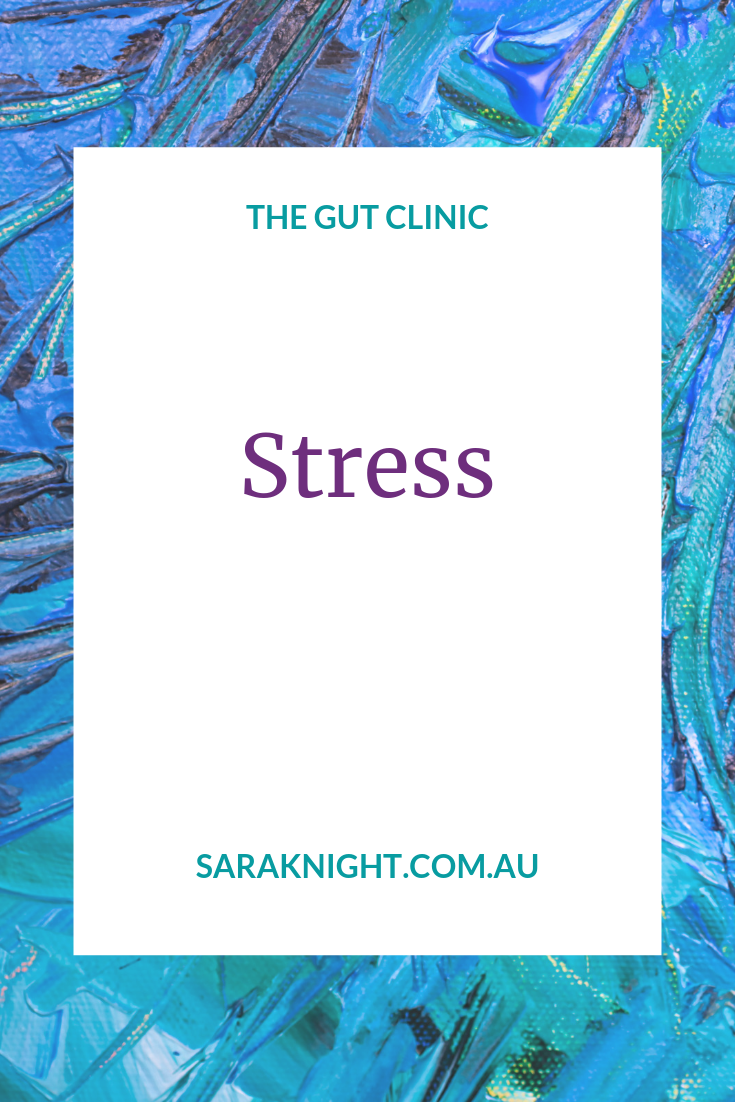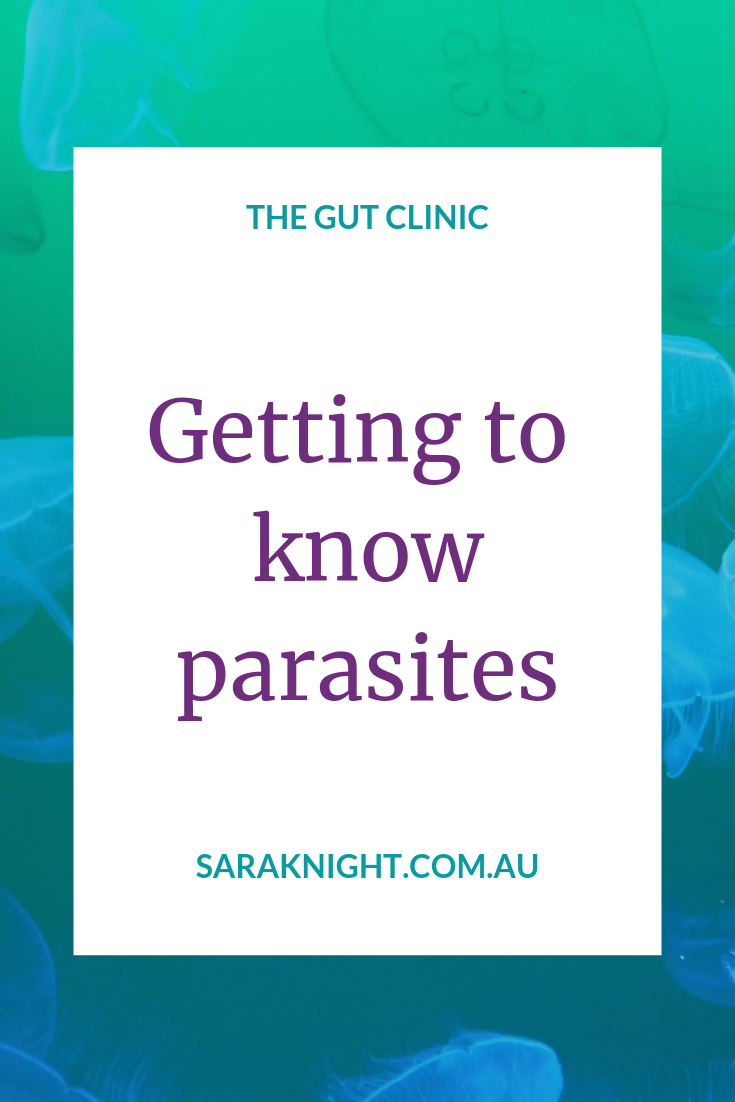
Blog
Successfully Changing How You Eat
Food plays a crucial role in gut, skin, and mood issues. It can lack nutrients, contain problematic chemicals, or not suit you. Changing your diet is challenging due to habits, time, and access. To succeed:
Research alternatives and read labels.
Create a meal plan and explore new recipes.
Prepare meals in advance.
Seek support from friends, online communities, or professionals. Consistent, not perfect changes lead to better health.
Sleep - Getting it Right
Quality sleep is vital for our well-being, yet the exact reasons for sleep remain mysterious. Lack of it leads to fatigue and mental fog. To gauge your sleep quality, ask: Do I wake up refreshed and tackle the day energetically? If not, try these tips:
Aim for 8 hours of consistent sleep.
Reduce screen time before bed.
Establish a bedtime routine.
Avoid intense exercise and heavy meals before sleep.
Manage daytime stress, and address any sleep disorders like sleep apnea. Prioritize restorative sleep for better health and resilience.
Symptoms of Stress
Improving gut health involves piecing together a holistic health picture for clients. Stress is a common puzzle piece, with variations in its nature, impact, and responses. Today's world thrives on immediate responses, causing chronic stress. But is it making us healthier or more productive? Chronic stress leads to fatigue, erratic gut issues, hormonal imbalances, weight gain, low confidence, anxiety, depression, and addictions. Recognizing stress's impact is crucial, followed by addressing lifestyle factors like diet, sleep, exercise, mindset, and breathing to enhance stress resilience. Explore a self-paced Stress Resilience Program for more insights.
Candida: Friend or Foe
Balancing the Candida species in our microbiomes is crucial, like maintaining a harmonious apartment building. Overgrowth can lead to various physical and mental symptoms. Testing helps identify the issue and any related deficiencies. Treatment involves diet adjustments, antifungal herbs, probiotics, and yeast management, tailored with professional guidance for long-term success.
Balancing Histamine
Histamine excess can cause various symptoms, from hayfever to eczema, anxiety, and gut problems. While histamine is essential, an overload can lead to issues. To alleviate symptoms:
Reduce histamine intake through diet and supplements.
Repair any damage caused, like skin barriers and mindset.
Identify the underlying cause, often related to poor gut health, enzymes, and bacterial imbalances. Working with a professional is crucial for achieving histamine balance.
Getting to know parasites
When digestive symptoms persist despite a food intolerance-based diet, other factors like parasite or bacterial overgrowth, SIBO, stress, or candida may be at play. A faecal PCR test with an activity assessment is crucial for accurate diagnosis. Treatment involves reducing overgrowth, restoring gut balance, and addressing other contributing conditions, taking time and careful consideration to support gut health.
Time to Put You First
Many put their health on hold while caring for family or pursuing careers, leading to physical and emotional decline. Prioritizing health, seeking professional support, and making necessary changes offer hope and relief. Nutrition and accountability aid in overcoming hurdles, enhancing overall well-being, enabling better care for loved ones, and improving job performance.
Gut and Stress Link
Gut issues often stem from food and stress. Stress impacts gut function and healthy bacteria balance. In today's busy world, it's crucial to enhance stress resilience for better gut health:
Spend time outdoors and breathe deeply.
Learn to say no and prioritize tasks.
Adopt a positive mindset.
Exercise moderately.
Prioritize quality sleep.
Seek support when needed to reduce stress and improve overall well-being.
Bloating
Bloating can be uncomfortable and disrupt daily life. It's often caused by excess gas or digestive muscle issues. Simple tips like eating slowly and avoiding carbonated drinks may help. If not, consider factors like poor gut health, food intolerances, or bacterial imbalances. Don't ignore bloating; seek help for a healthier gut.
Signs of a Healthy Gut
A healthy gut isn't just about digestion. Signs include good energy levels, healthy skin, a resilient mood, and a balanced immune system. Your gut's ability to absorb nutrients affects your energy. Healthy skin reflects internal gut health. The gut influences mood, and a strong immune system depends on gut health. Don't ignore these signs.
The Rise of the Microbiome
I recently watched "The Gut Movie" and was thrilled to be surrounded by a room full of fellow gut health enthusiasts. The film follows Kale Brock's quest to explore the microbiome's impact on our health, urging viewers to value a diverse microbiome. Dr. Michael Mosley and Dr. Jason Hawrelak also contribute to this exciting field. Probiotics and prebiotics are gaining popularity, with strain-specific probiotics showing promise in conditions like depression and allergies. Stay tuned for a series on sequencing the microbiome and its significance. Remember, a balanced microbiome thrives on a high-fiber, whole food diet.I watched The Gut Movie last week - loved being in a room of around 150 people who are interested in gut health.
The Paradox of Reflux
Proton pump inhibitors (PPIs) have surged in popularity since the '90s, costing $200 million for 7 million prescriptions in Australia in 2013-2014. They treat various conditions but long-term use can pose problems like bacterial overgrowth, impaired digestion, and nutrient absorption. Short-term use may be better for some, focusing on root causes like low stomach acid, bacterial overgrowth, or stress. Simple measures include a low-carb diet, probiotics, and mindful eating. While PPIs are necessary in specific cases, long-term use should be cautious, with a focus on improving gut health through gradual reduction and addressing underlying issues.












